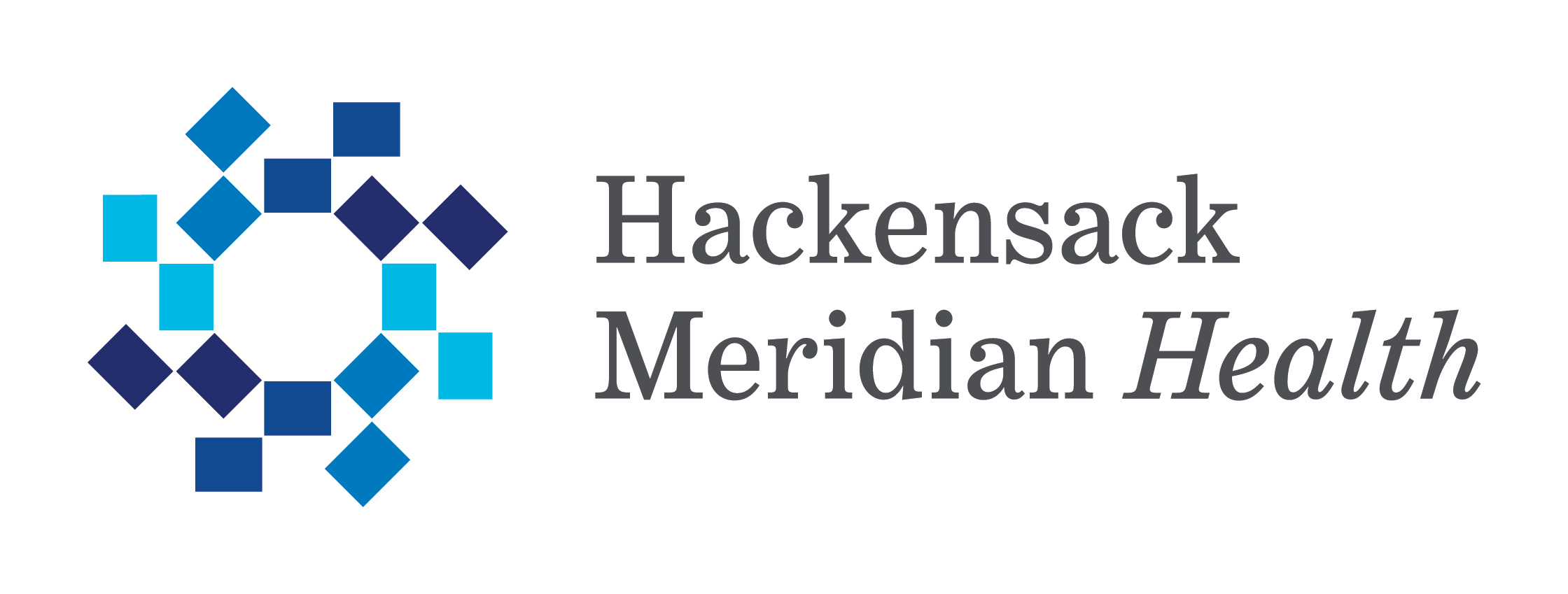By Howard M. Ross, MD, Chair of Surgery/Surgeon in Chief, Hackensack University Medical Center
I recently wrote expert commentary1 about colorectal cancer screening and follow-up after removal of polyps to note the publication of an excellent new article, “Colorectal Cancer Screening and Postpolypectomy Surveillance”2 published in Diseases of the Colon & Rectum, by Marina Affi Koprowski, M.D., and Kim Lu, M.D. This opportunity also allows me to write about colon cancer prevention for the Hackensack University Medical Center community (and for anyone else who is interested).
In the United States, colorectal cancer is the third most common cancer diagnosed in men and women. It’s estimated that in 2021 alone there will be about 104,000 new cases of colon cancer, many of which could have been prevented. Tragically, colorectal cancer is expected to cause about 52,000 deaths in 2021. Overall, the lifetime risk of developing colorectal cancer is about 1 in 23 (4.3%) for men, and 1 in 25 (4%) for women.3 African Americans are about 20% more likely to get colorectal cancer and about 40% more likely to die from it than other groups. The reasons for these higher prevalence and mortality rates in African Americans are complex, but they mostly reflect differences in risk factors and health care access.3
Advocating and Breaking Down Barriers
As colon and rectal surgeons, my colleagues and I must be tireless advocates in breaking down the barriers of awareness about and access to colon cancer screenings for all people, and in particular for those groups at greater risk. Drs Koprowski and Lu reinforce the importance of screening for colon cancer. Regardless of the modality used, increasing screening saves lives. Discussing screening and the success of surgically removing polyps in the colon to prevent malignancy lowers the resistance to screening of patients and referring physicians alike.
Screen earlier, at age 45
Colon cancer is increasing in the young, and, correspondingly, screening should begin earlier. Beginning screening at age 50 years was convenient and easy to remember for adults and practitioners, because this numeric landmark can have emotional significance. This arbitrary marker of transition to middle age was accompanied by the need to recognize that self-care, if previously neglected, had to begin. The “joyful” start was scheduling colonoscopy. Unfortunately, the increased incidence of younger onset of colon and rectal cancer suggests screening begin at age 45 years. Like aging, we just don’t have a choice.
My fellow surgeons’ review article thoughtfully discusses options for both screening modalities and the lack of medical society consensus on the age to begin screening average-risk individuals. I personally maintain an aggressive posture toward disrupting the development of colon and rectal cancer via polypectomy (surgical removal), and therefore I favor the younger age of 45 to begin screening. I use colonoscopy as my preferred screening method given the ability to remove polyps when encountered during the procedure, but I support any method that enables or facilitates more adults to be evaluated. We must lower the bar toward entry into early screening!
The health system demands that patients not have too-frequent colonoscopy. Colonoscopy is costly, physically challenging for patients, and, although rare, has the possibility for complications. Understanding which patients are at elevated risk and appreciating how large that risk is enables the provider to formulate a more effective recommendation. Drs Koprowski and Lu emphasize how, “Choosing a colon and rectal screening regimen is a complex decision which relies on shared decision-making between the physician and patient, accounting for multiple screening options, the patient’s history and risk factors, and personal preference.” I wholeheartedly agree with the described nuanced approach toward screening and surveillance.
So, in conclusion, if you are between 45 and 50 and have not yet had a screening colonoscopy or other test, please make an appointment tomorrow with your primary care doctor to discuss your options. While thinking about colon health may not be top of mind for most people, and no one looks forward to the process of having a colonoscopy, it truly can be a life-saving test that we need to encourage each other to have, for the sake of our lives and the lives of our loved ones.
1Expert Commentary on Colorectal Cancer Screening and Postpolypectomy Surveillance, Ross, Howard M. M.D, Diseases of the Colon & Rectum: August 2021 - Volume 64 - Issue 8 - p 936 doi: 10.1097/DCR.0000000000002131
2Colorectal Cancer Screening and Postpolypectomy Surveillance,Affi Koprowski, Marina;Lu, Kim C. Diseases of the Colon & Rectum: August 2021 - Volume 64 - Issue 8 - p 936 doi: 10.1097/DCR.0000000000002131
3American Cancer Society, 2021
.
